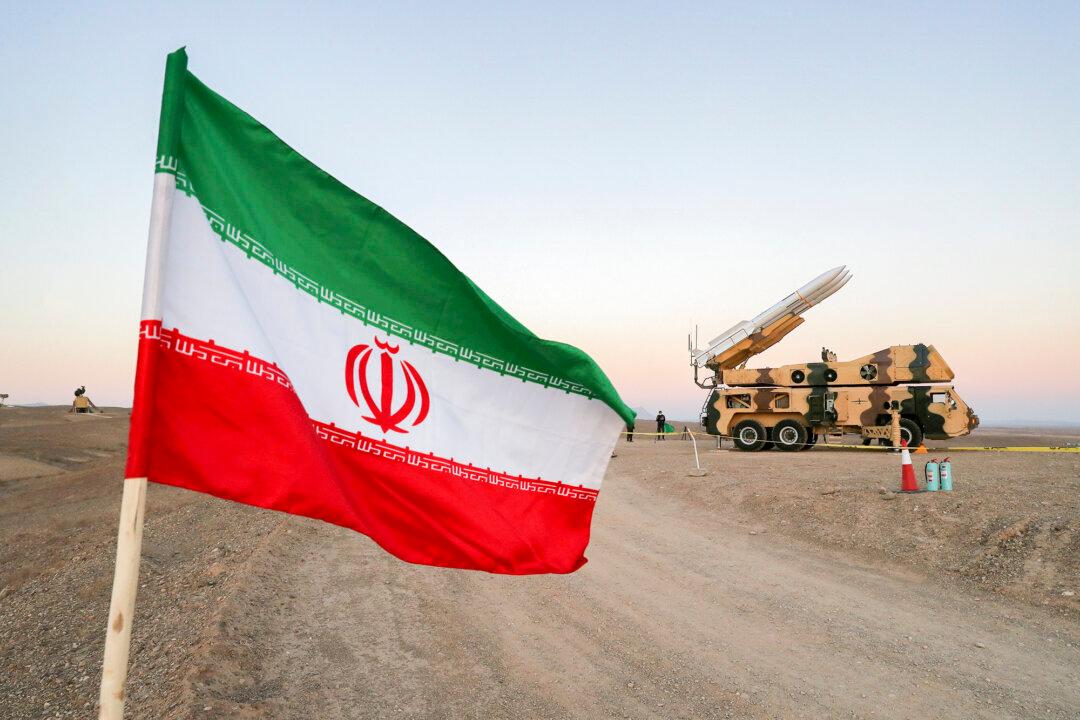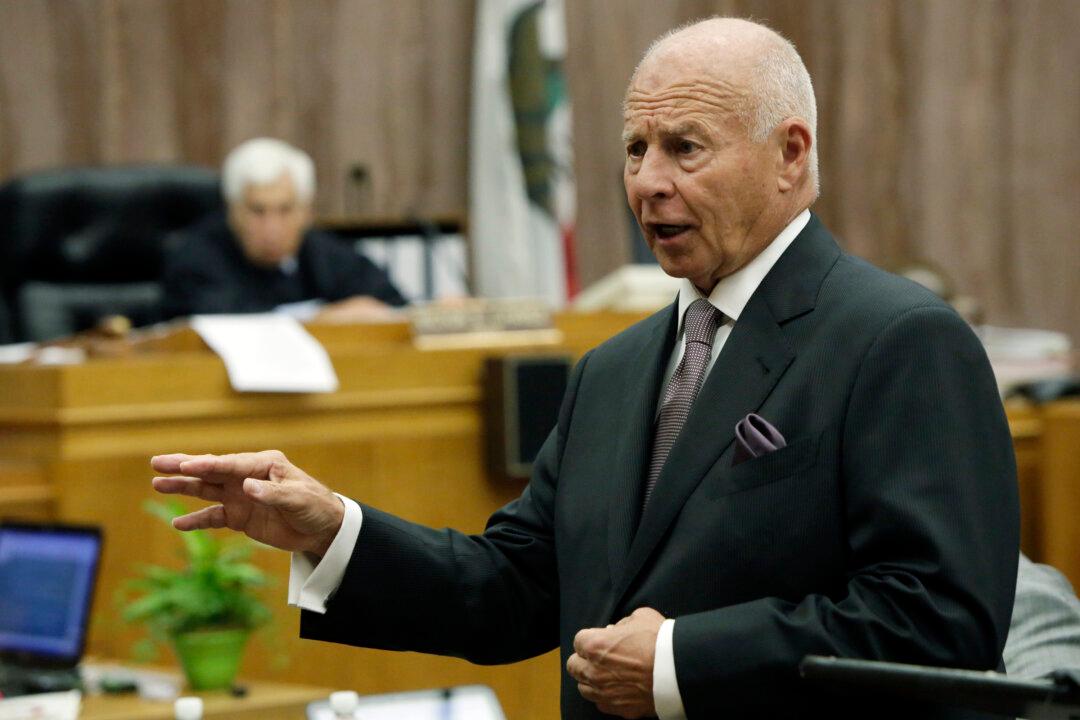Iran issued a warning on Jan. 31 that any U.S. attack on the Islamic regime would be met with a decisive response. The threats followed accusations by President Joe Biden that Iran is linked to the recent killing of three U.S. soldiers at a military base in Jordan.
The drone attack on the military base on Jan. 28 prompted the United States to prepare for retaliatory strikes in the region. At least 40 troops were injured at Tower 22, a base in northeastern Jordan that has been a crucial stronghold for the U.S. military’s presence in neighboring Syria.




